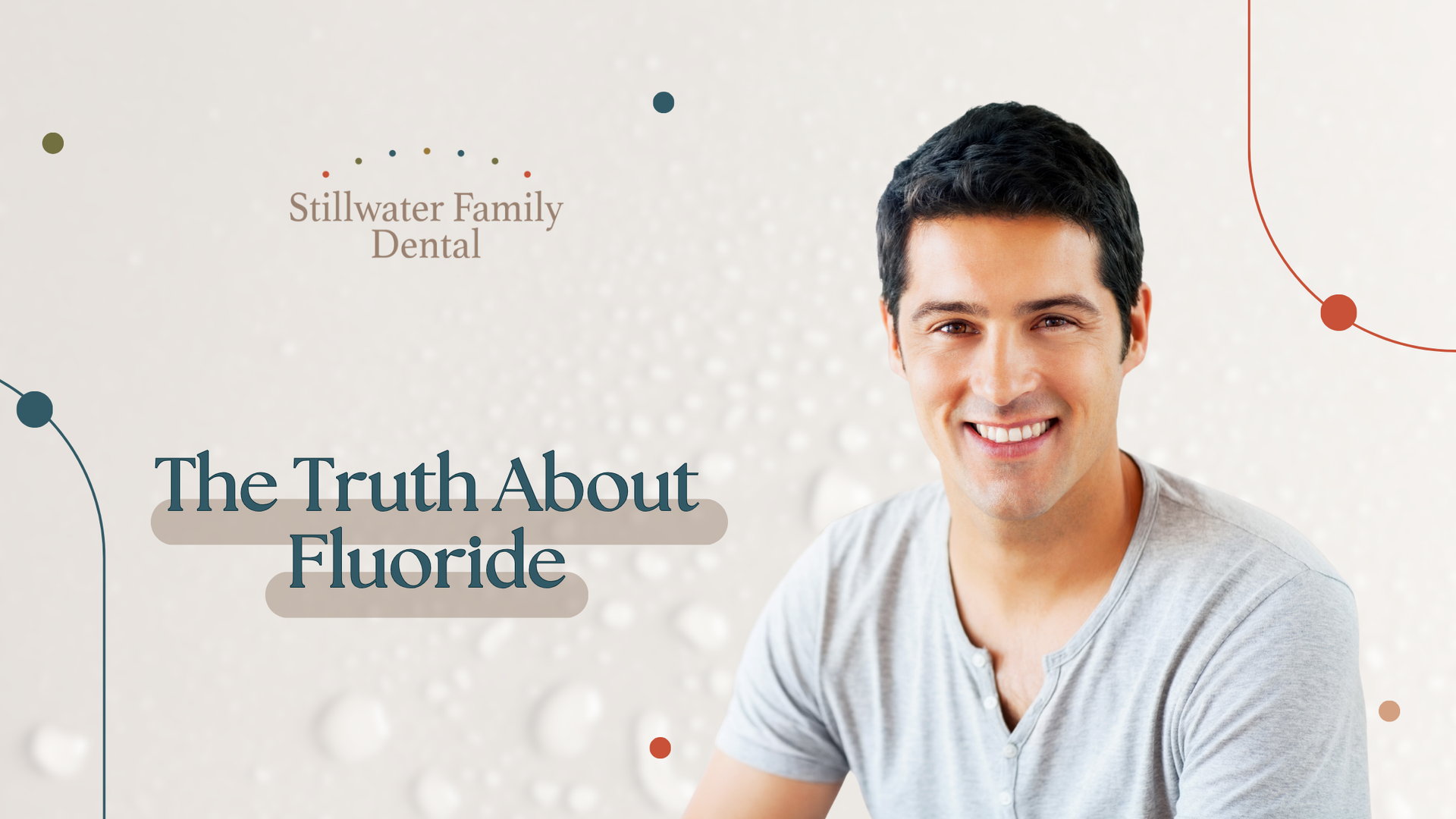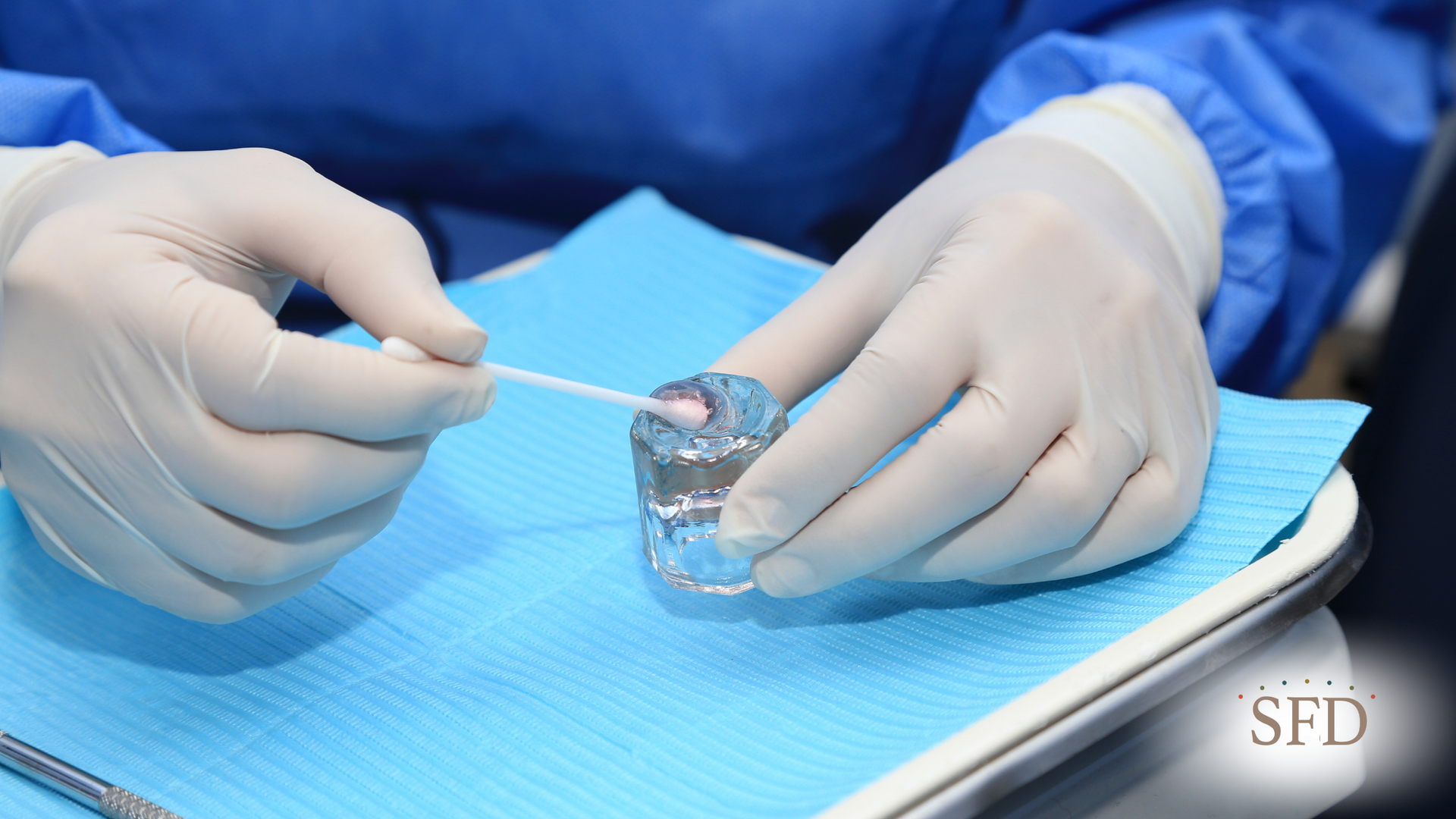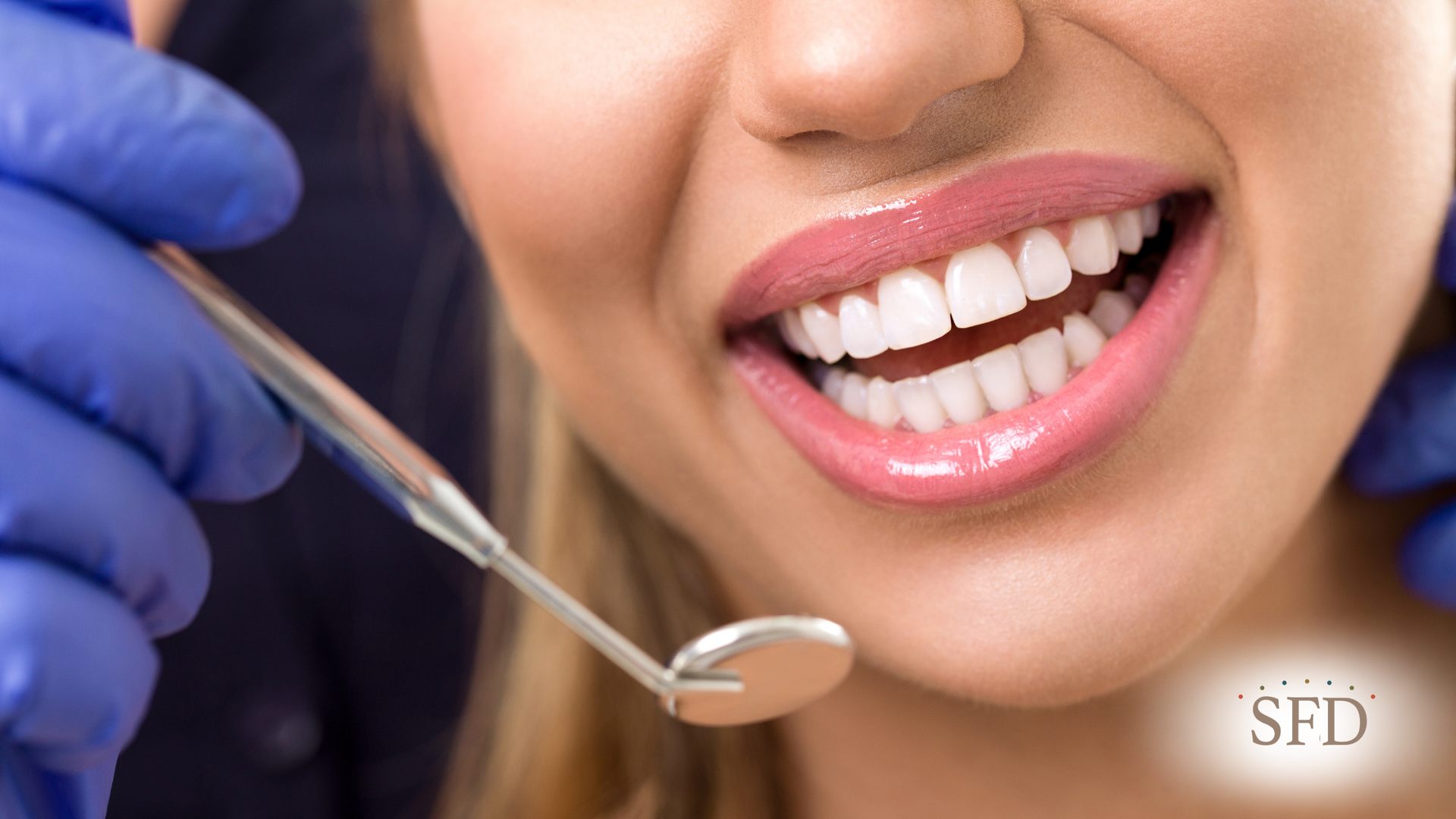The Truth About Fluoride

Source: Dr. Marketing
Fluoride has long played a key role in dental care. It has been proven to prevent cavities and strengthen tooth enamel and is commonly used as a healthy additive in toothpaste, mouthwash, dental treatments, and public water supplies.
Trusted organizations such as the American Dental Association and the Centers for Disease Control and Prevention (CDC) have both recognized fluoride as essential for reducing tooth decay. However, the use of fluoride continues to remain a topic of debate. While many health professionals view it as safe, concerns have been raised regarding its supplemental additives.
In this post, we will examine the science behind fluoride and address common misconceptions about fluoride. We will also explore options for reducing fluoride intake if you choose to do so. Our goal is to help our readers make an informed and confident decision about their oral health.
What Is Fluoride and Its Common Uses?

Fluoride is a natural mineral found in soil, rocks, water, plants, and food such as shellfish and potatoes. It has been used to promote dental health to prevent tooth decay and strengthen tooth enamel (the outermost layer of your teeth). This is done through a process known as remineralization, which accelerates the growth of fluorapatite structures that are more resistant to bacterial acids than natural enamel.
Throughout the day, fluoride comes into contact with your teeth in various ways. Often, the city maintains fluoride levels in the public water supply as a cost-effective method of enhancing the community's oral health. Additionally, commercial toothpaste and mouthwash almost always include fluoride. Dental professionals will also apply varnishes that contain high concentrations of fluoride during cleanings to maintain protection against tooth decay.
Health and Economic Benefits of Fluoride

The CDC 2024 Scientific Statement endorses the health benefits and economic efficiency of fluoride, stating, “By preventing tooth decay, community water fluoridation has been shown to save money, both for families and the health care system… Evidence shows that water fluoridation prevents tooth decay by providing frequent and consistent contact with low levels of fluoride, ultimately reducing tooth decay by about 25% in children and adults.” Experts consider the benefits of fluoride to be well established and essential to modern dental care.
In addition to benefiting individuals, fluoride has been proven to have a significant impact on public health, particularly in communities with limited access to dental care. The CDC has recognized water fluoridation as one of the most outstanding public health achievements of the 20th Century, citing that “these communities have a disproportionate burden of dental caries and have less access than higher income communities to dental-care services and other sources of fluoride.”
Common Myths About Fluoride

Despite fluoride’s widespread use and endorsement by reputable health organizations, it has been surrounded by misconceptions that are often rooted in misunderstandings about dosage, safety, or marketing language.
One of the most common myths is that fluoride is dangerous at any level. While extremely high doses can lead to adverse health effects, such as skeletal fluorosis, the amount present in the public water supply and commercial dental products is well below those thresholds. The World Health Organization (WHO) endorses the safety of fluoride at recommended levels and reaffirms that it does not pose significant health risks when properly managed.
Another common myth is that fluoride causes cancer and systemic disease; however, there is no credible evidence to support a connection between fluoride exposure at recommended levels and cancer. A review by the European Scientific Committee on Health and Environmental Risks concludes that there is no evidence that fluoride in drinking water increases the risk of cancer.
Lastly, the myth that “natural” toothpaste is a better choice has gained popularity in recent years. Many of these products do not include fluoride and advertise the use of plant-based or chemical-free alternatives. While some of these “natural” products contain beneficial ingredients such as nano-hydroxyapatite, going fluoride-free without consulting a dental professional may leave your teeth more vulnerable to cavities. Current research by the American Academy of Pediatrics reaffirms the safety and practical benefits of fluoride while dispelling common misconceptions surrounding its use.
Conclusion

Fluoride remains a well-studied and beneficial tool in modern dentistry. While some individuals may choose to avoid it for personal reasons, health professionals have consistently demonstrated that fluoride is a safe and efficient method for reducing tooth decay. Whether you wish to maintain fluoride in your diet or explore alternatives, the most important thing is to make informed decisions based on credible evidence, not misinformation.
At Stillwater Family Dental, your health and comfort are our top priority. If you have further questions about fluoride or need personalized dental care, we are here to help. Please schedule an appointment with us today. We’re happy to help address all of your oral health needs.
Share
Related Posts









